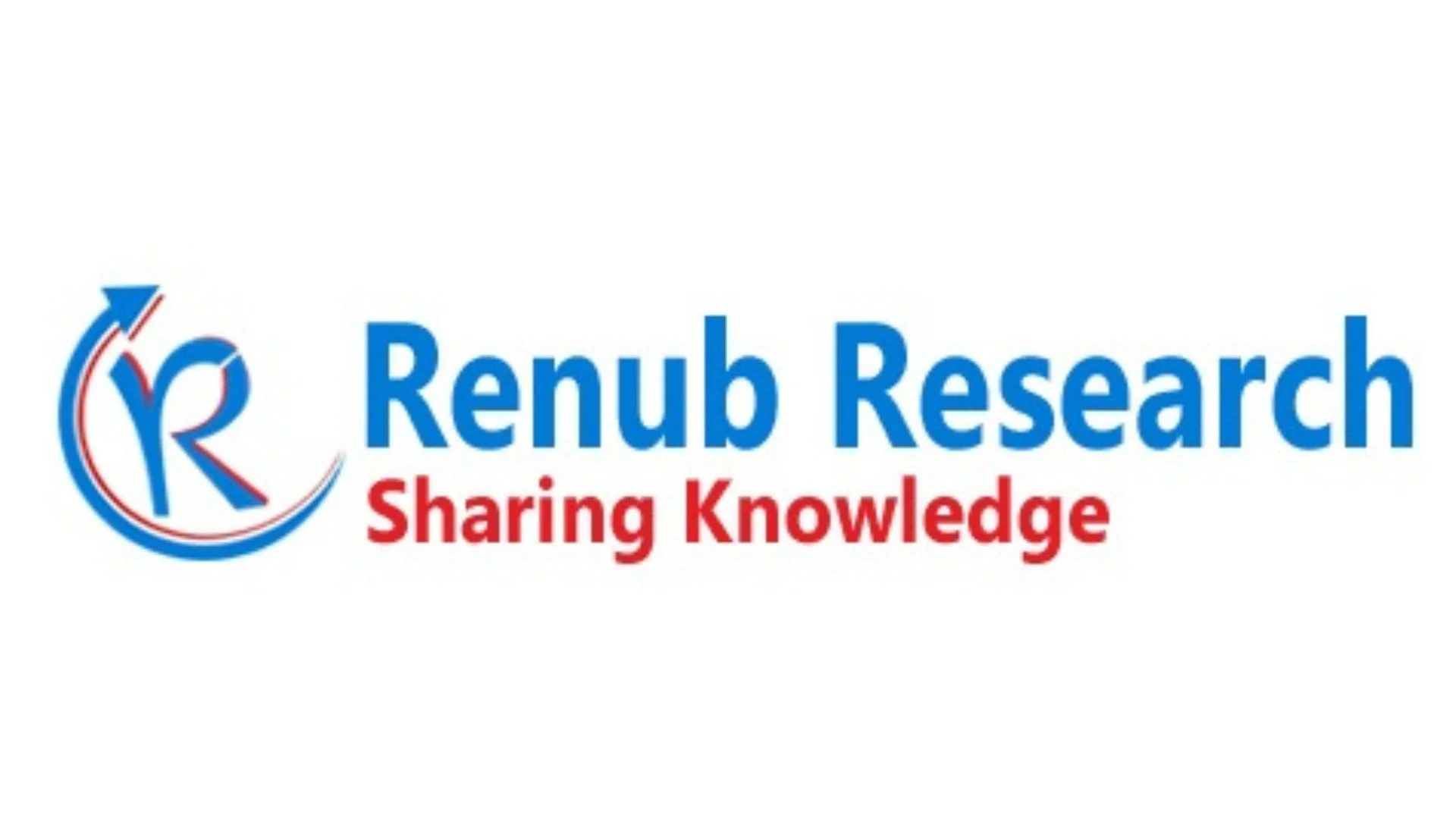Saudi Arabia Water and Wastewater Treatment Industry Analysis
The Saudi Arabia Water and Wastewater Treatment Market is on a strong growth trajectory, expected to increase from USD 4.03 billion in 2024 to nearly USD 7.43 billion by 2033, reflecting a CAGR of about 7.05% throughout the forecast period. This growth is closely linked to the Kingdom’s rising population, rapid industrial development, increasing water demand, and government commitments to sustainable water use under Vision 2030. Scarcity of natural freshwater sources makes water treatment and recycling an essential priority, driving investments in advanced technologies and system efficiency enhancements.
Full Access Report:https://www.renub.com/saudi-arabia-water-and-wastewater-treatment-market-p.php
Saudi Arabia Water and Wastewater Treatment Market Overview
Saudi Arabia is one of the world’s driest countries, with extremely limited freshwater resources. To meet water needs, the country depends heavily on desalination and treated wastewater. Wastewater treatment plays a significant role in this water cycle, helping reduce dependency on groundwater and supporting agriculture, landscaping, industrial operations, and city services.
Treated wastewater is increasingly reused as part of the Kingdom’s strategy to maintain water sustainability. The government has launched targeted programs to expand treatment plants, improve distribution networks, and ensure efficient recycling. This aligns with national goals that prioritize environmental protection, smart resource management, and reduced water waste.
Growth Drivers in the Saudi Arabia Water and Wastewater Treatment Market
Increasing Water Scarcity and Demand for Sustainable Solutions
Given Saudi Arabia’s arid climate and depleted groundwater reserves, water scarcity remains a central challenge. The Kingdom is investing heavily in technologies focused on water recycling, purification, and reuse to ensure long-term water security. The establishment of research institutions such as the International Water Research Center at KAUST (opened in 2024) highlights growing emphasis on innovation, desalination efficiency, and reduced environmental impact. Wastewater reuse now offers a vital alternative for both agricultural and industrial sectors.
Government Initiatives and Vision 2030 Commitments
Saudi Arabia’s Vision 2030 encourages environmental responsibility, resource conservation, and increased private sector participation. The government has taken bold steps to modernize infrastructure and privatize water treatment projects through Public-Private Partnership (PPP) models. For example, in April 2023, the country announced bidding invitations for six new wastewater projects, aimed at treating wastewater for municipal and industrial use. National Water Company and the Ministry of Environment, Water, and Agriculture are heavily involved in expanding treatment capacity, improving plant efficiency, and promoting technology adoption across regions.
Industrial Expansion and Urban Population Growth
Industrial sectors such as petrochemicals, oil and gas, mining, and manufacturing rely on high volumes of treated water for operations. Meanwhile, cities are growing quickly: by 2025, nearly 88% of Saudi Arabia’s population is expected to live in urban areas. Greater urbanization increases water consumption and wastewater output, requiring advanced municipal infrastructure. Industries must also comply with stricter environmental regulations, which is boosting demand for treatment chemicals, filtration systems, and monitoring technologies.
👉 Want to explore detailed market trends, segment insights, and forecasts? 🔗 Request Sample Report:https://www.renub.com/request-sample-page.php?gturl=saudi-arabia-water-and-wastewater-treatment-market-p.php
Key Challenges in the Saudi Arabia Water and Wastewater Treatment Market
High Energy Consumption and Operating Costs
Water treatment processes, particularly desalination and membrane filtration systems, consume significant energy. This increases operational costs and environmental impact. Smaller cities and industrial operators may face financial constraints when attempting to expand or upgrade treatment systems. Reducing energy dependency and improving process efficiency remain top priorities for future investment.
Shortage of Skilled Technical Workforce
Despite progress in infrastructure, Saudi Arabia continues to rely on foreign specialists for advanced wastewater treatment technologies. The lack of local, highly trained personnel contributes to higher costs, delays in maintenance, and slower adoption of modern solutions. Capacity-building and workforce training will be essential to sustaining long-term system improvements.
Market Insights by Treatment Chemical Segment
Coagulants and Flocculants Market
Coagulants and flocculants play a key role in removing suspended particles and clarifying water. Their use is increasing in both municipal and industrial sectors as facilities enhance purification efficiency. Cost-effectiveness and compatibility with large-scale treatment systems are driving the segment’s growth.
Antifoam Chemicals Market
Antifoam agents are vital in preventing operational disruptions caused by foam in treatment systems. Demand is strong in oil refining, chemical processing, and food manufacturing sectors, where foam can cause contamination or equipment malfunction. Higher industrial activity is boosting this market segment.
Disinfection Chemicals and Systems Market
Disinfection ensures pathogen-free water and protects public health. Technologies such as UV disinfection, ozone treatment, and chlorination are widely used across Saudi Arabia. The rising need for clean municipal water and high sanitation standards in industries continue to support market expansion.
Market Insights by Equipment and Technology
Membrane Separation Technologies
Reverse osmosis, nanofiltration, and ultrafiltration systems are at the heart of Saudi Arabia’s desalination and wastewater recycling operations. Membranes enable high-quality water output and are central to industrial and urban reuse strategies. Ongoing technological advancements are improving durability and reducing energy consumption, making membrane systems even more attractive.
Biological and Sludge Treatment Equipment
Biological treatment systems are widely used in municipal settings to break down organic waste. Sludge processing equipment helps reduce environmental contamination and convert waste byproducts into usable or disposable forms. These technologies are essential for sustainable wastewater handling.
Market Insights by Application
Municipal Water and Wastewater Treatment
Urban water supply systems are undergoing modernization to ensure efficiency and sustainability. Investments in smart water grid management, leakage reduction, and decentralized treatment systems are increasing. Municipal reuse of treated water for landscaping and construction is also expanding.
Industrial Water and Wastewater Treatment
Industries face growing regulatory requirements to limit environmental damage. Companies are adopting advanced treatment technologies, such as zero-liquid discharge systems, chemical purification, and thermal distillation methods. Water reuse is now a key strategy in industrial sustainability frameworks.
Regional Market Highlights
Dhahran Market
Dhahran is strongly influenced by oil sector activities. Water treatment facilities in the region focus on industrial reuse, groundwater protection, and advanced effluent treatment.
Dammam Market
Dammam’s industrial and port activities drive high demand for specialized wastewater treatment. Expansion of industrial parks is accelerating investment in modern treatment plants.
Riyadh Market
Riyadh, as the capital, leads in infrastructure modernization. Smart water management and reuse initiatives are essential, given the city’s large population and rising consumption levels.
Recent Notable Developments in the Industry
· February 2024: VA TECH WABAG secured a $33.5M contract for a major industrial wastewater treatment plant at Ras Tanura.
· February 2024: Nama Chemicals announced a $19M treatment facility for its subsidiary in Jubail.
· 2024: National Water Company launched water and sanitation infrastructure programs worth $959M.
· January 2022: The Shuqaiq 3 desalination plant was completed with a capacity of 450,000 cubic meters/day.
· December 2021: Veolia received a seven-year contract to manage Riyadh’s water and wastewater services.
👉 For deeper analysis, detailed segment data, and company insights: 🔗 Request Customization Report:https://www.renub.com/request-customization-page.php?gturl=saudi-arabia-water-and-wastewater-treatment-market-p.phpa
Major Companies in the Market
· Ecolab Inc.
· Veolia Group
· 3M Company
· Pentair plc
· The Dow Chemical Company
· Aquatech International Corporation
· Calgon Carbon Corporation
· Xylem Inc.
· DuPont
· Parkson Corporation
Note: If you need details, data, or insights not covered in this report, we are glad to assist. Through our customization service, we will collect and deliver the information you require, tailored to your specific needs. Share your requirements with us, and we will update the report to align with your expectations.




